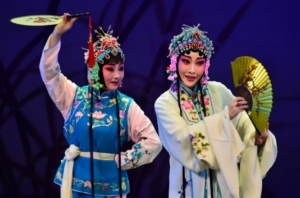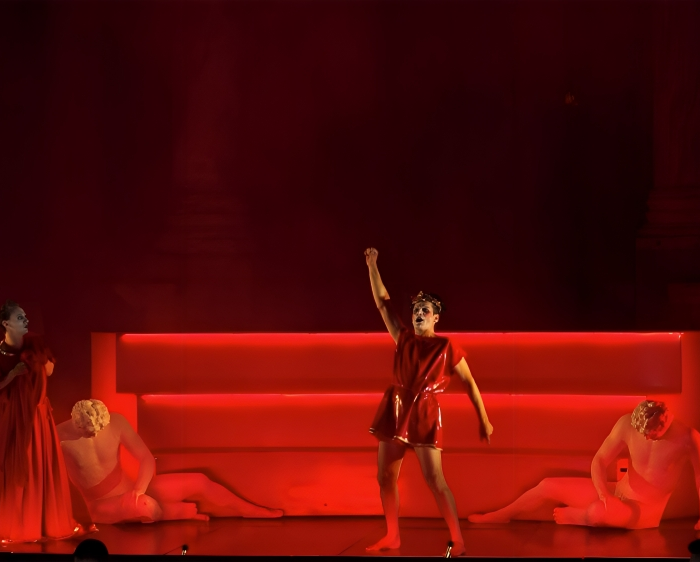
Opera Profile: Tang Xianzu’s ‘The Peony Pavilion’
By John VandevertPhoto Credit: He Maofeng/Asianewsphoto
Outside Western opera, there are operas which are just as long, if not longer, than Wagner’s “Ring Cycle.” One such example is the masterwork, “The Peony Pavilion,” a tragic comedy in the form of 55 scenes which take more than 22 hours to perform.
With the play written by Tang Xianzu, one of the most important dramatists in Chinese imperial past, the “opera” was written in the “Kunqu” style, the oldest form of Chinese opera which is hallmarked by its unique vocal style, characteristic shuffling movements, and ornate costumes. However, the work is but one of a four-part collection of works which, when put together, is referred to as the “Four Dreams of Yuming Tang,” this work being the first in the series. Although the opera is one full work, most often the individual stories are performed, some of the most famous being No. 10 (A Surprising Dream), No. 28 (Secret Rendezvous), No. 24 (Discovering the Portrait), and No. 36 (Abscondence of the Newlyweds).
Written in 1598 and taking place in the southern part of the Song Dynasty, the overall story is a complex tale between lady Du Liniang and the scholar Liu Mengmei and the lady’s death and revival at the hands of her love for Mengmei. After a particularly potent dream of Mengmei, Liniang became depressed and killed herself. Her soul, however, was not destined to die and after a series of challenges, the lovers finally are reunited with each other. After contemporary reforms, the work has been condensed into 12 plays in order for modern audiences to experience the entire story.
Despite the opera’s cultural particularity, the opera has found its way to the Western world, the 1998 experiential adaptation by Tan Dun one of the most famous, with more recent performances like Tan Dun’s 2012 performance at the Metropolitan Gardens keeping the legacy of the work alive. The opera has found its way into contemporary popular culture as well, the Shanghai 2010 World Expo featuring a curt version of the opera and bands like Carrchy, a Chinese Indie band, using the opera’s libretto as inspiration.
Listen
Categories
Opera Wiki

